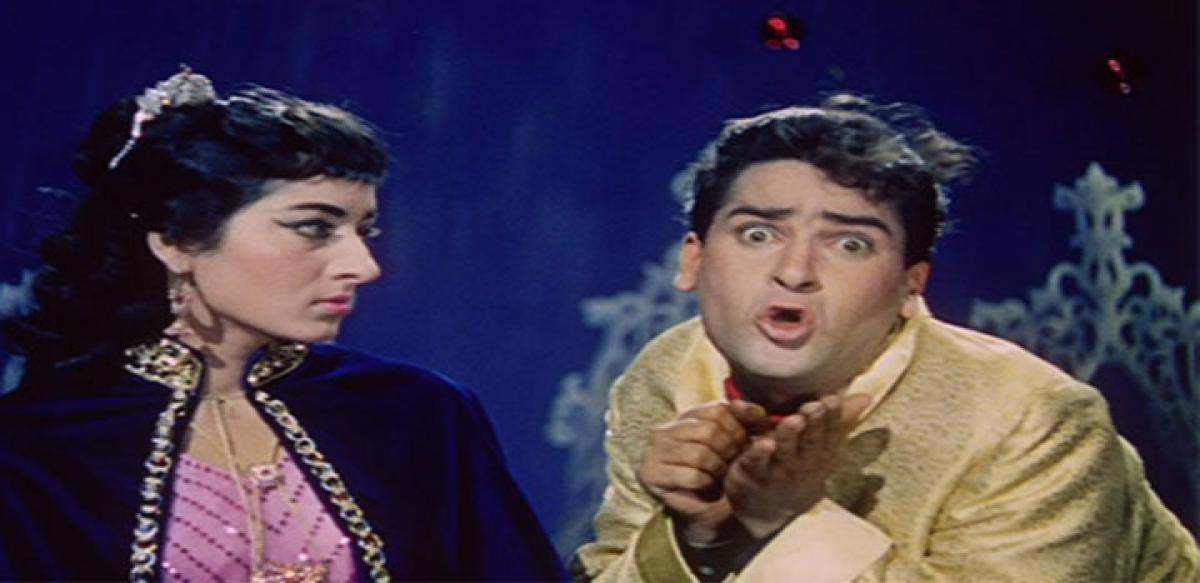Live
- Monthly SIP investments cross Rs 24,000 crore for first time in India
- PM Modi received with Bihu dance in Laos: Assam CM
- Telangana CM Revanth Reddy Focuses on Increasing Revenue
- Indonesia inaugurates 2 new special economic zones to boost investment
- TCS posts 5 pc net profit growth at Rs 11,909 crore in Q2, hires 5,726 people
- Sensex closes up by 144 points ahead of TCS Q2 results
- Consumer forums cannot adjudicate employer-employee dispute: Delhi HC
- Weapon cache discovered, illegal drugs seized in Afghanistan
- Karnataka govt forms SIT & cabinet sub-committee to probe Covid scam during BJP tenure
- World Mental Health Day: Ancient Indian culture is a guiding light for global mental health issues










